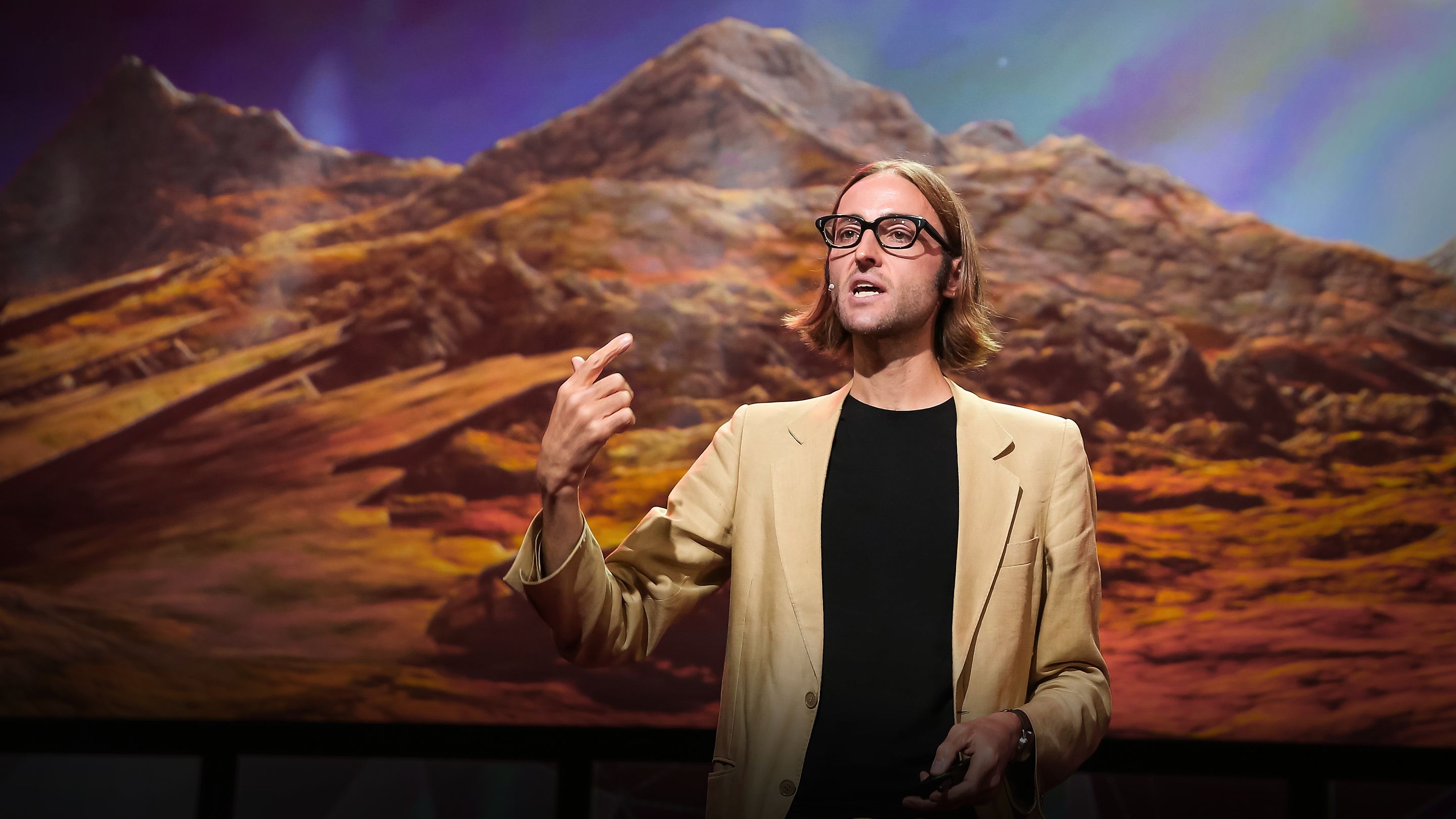How we explore unanswered questions in physics
1,671,737 views |
James Beacham |
TEDxBerlin
• September 2016
James Beacham looks for answers to the most important open questions of physics using the biggest science experiment ever mounted, CERN's Large Hadron Collider. In this fun and accessible talk about how science happens, Beacham takes us on a journey through extra-spatial dimensions in search of undiscovered fundamental particles (and an explanation for the mysteries of gravity) and details the drive to keep exploring.
